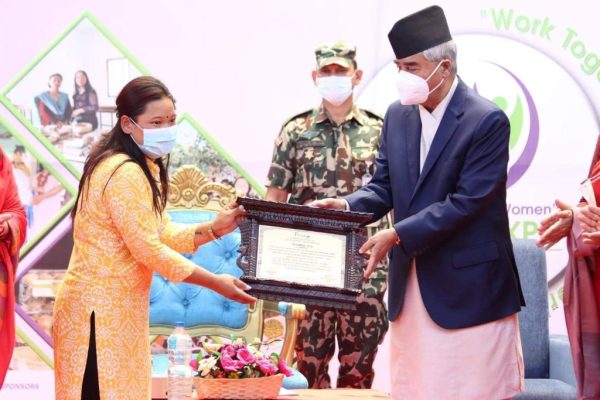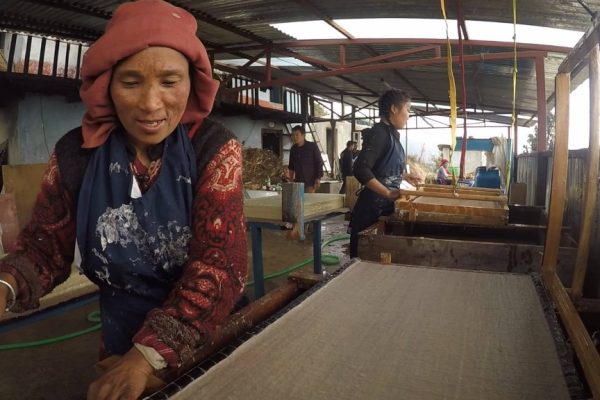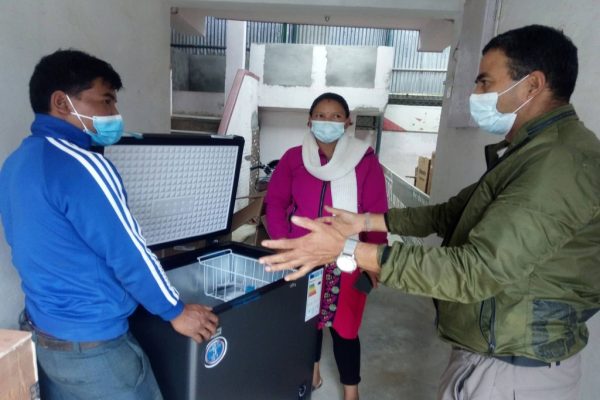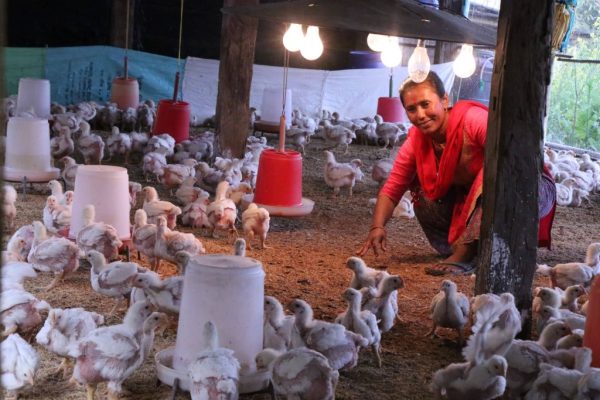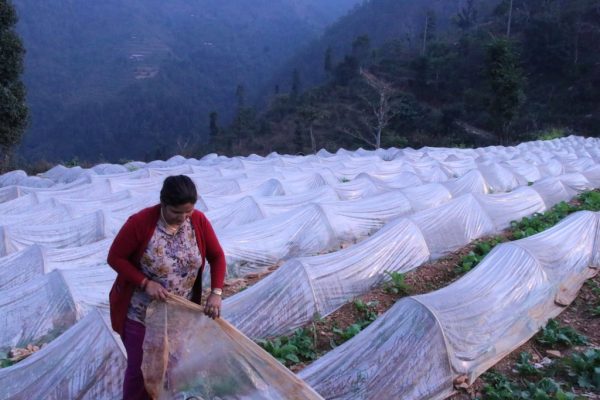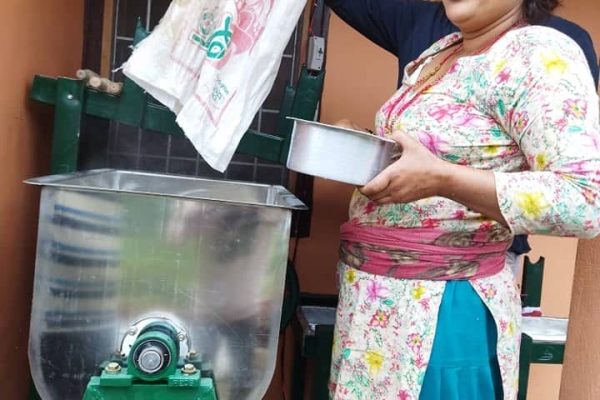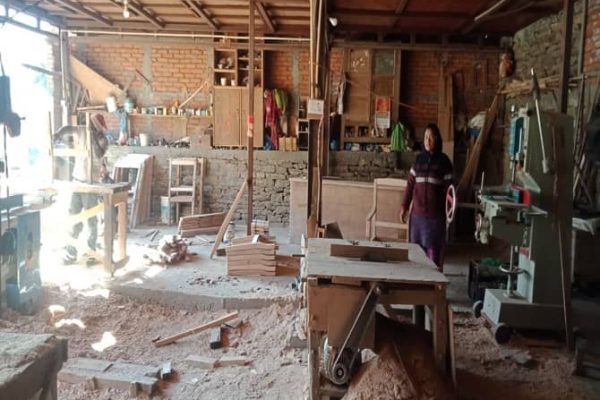TA 9334-NEP: Strengthening the Capacity of the Energy Sector to Deliver GESI Results.
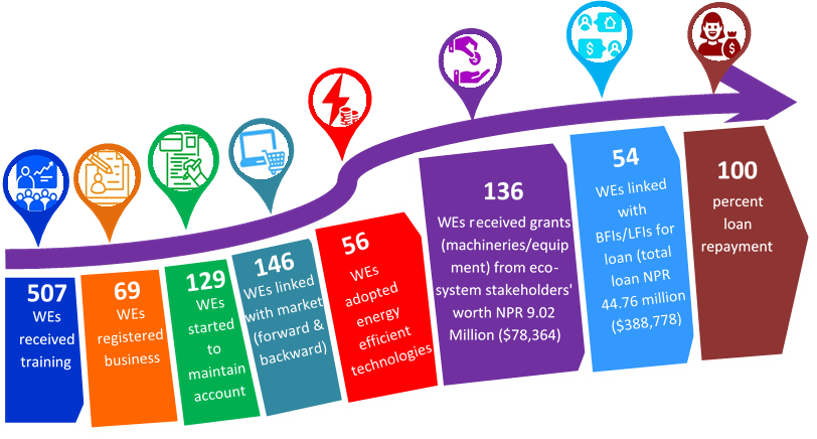
The TA 9334-NEP entitled ‘Strengthening the Capacity of Nepal’s Energy Sector to Deliver Gender Equality and Social Inclusion (GESI) Results’ is piggy backed to the loan project, ‘Loan 3542-NEP: Power Transmission and Distribution Efficiency Enhancement Project’. It is funded by Asian Development Bank (ADB) with support from the Japan Fund for Poverty Reduction (JFPR) to ensure GESI mainstreaming in the loan project. The scope of the project covers three key outputs:
1. Strengthened capacity of the Nepal Electricity Authority (NEA), and National Association of Community Electricity Users-Nepal (NACEUN) in mainstreaming GESI in energy programmes and projects,
2. Productive use of clean energy technologies and services by poor and vulnerable households and,
3. Developed capacity of NEA staff in new energy technology applications
The output 2 of TA project is being implemented by a consortium the International Network on Gender and Sustainable Energy (ENERGIA)/ Hivos (People Unlimited), the lead, Centre for Rural Technology, Nepal (CRT/N), Practical Action Consulting (PAC) Nepal and National Association of Community Electricity Users Nepal (NACEUN) (Strategic Partner).
The objective of output 2 is to promote GESI in accessing and supporting productive use of clean energy technologies and services by women, the poor and vulnerable households of Electricity User Cooperatives (EUCs). Output 2 aids the women from poor and marginalized communities, in a holistic manner, in achieving their potentials of enterprise creation/ development through various livelihood and businesses opportunities. This encourages women to engage in productive use of energy thus increasing their electricity demand from EUCs and thereby enhancing their sustainability.
Key Activities/Targets
• Institutional capacity development of 15 EUCs from seven districts on Productive Use of Energy Promotion, Energy Efficiency and Electrical Safety;
• Provide entrepreneurship development, business management and technical skill training to 500 women from poor and marginalized groups;
• Provide post-training supports for accessing finance, market and appropriate technologies, and establishing linkages with eco-system



